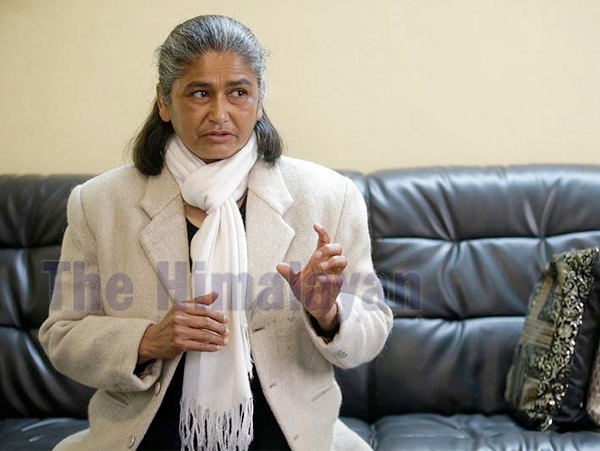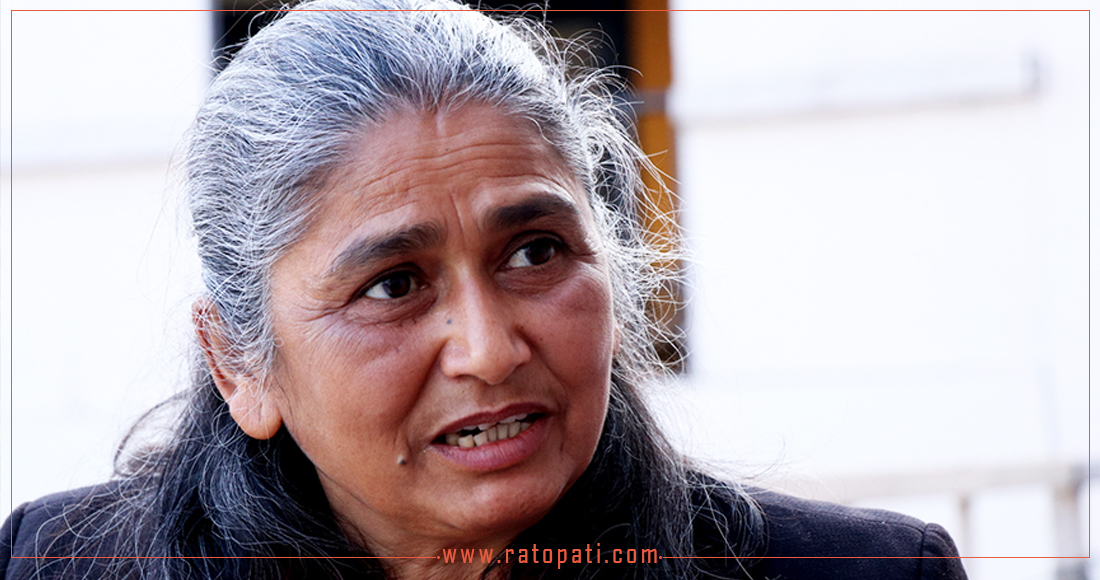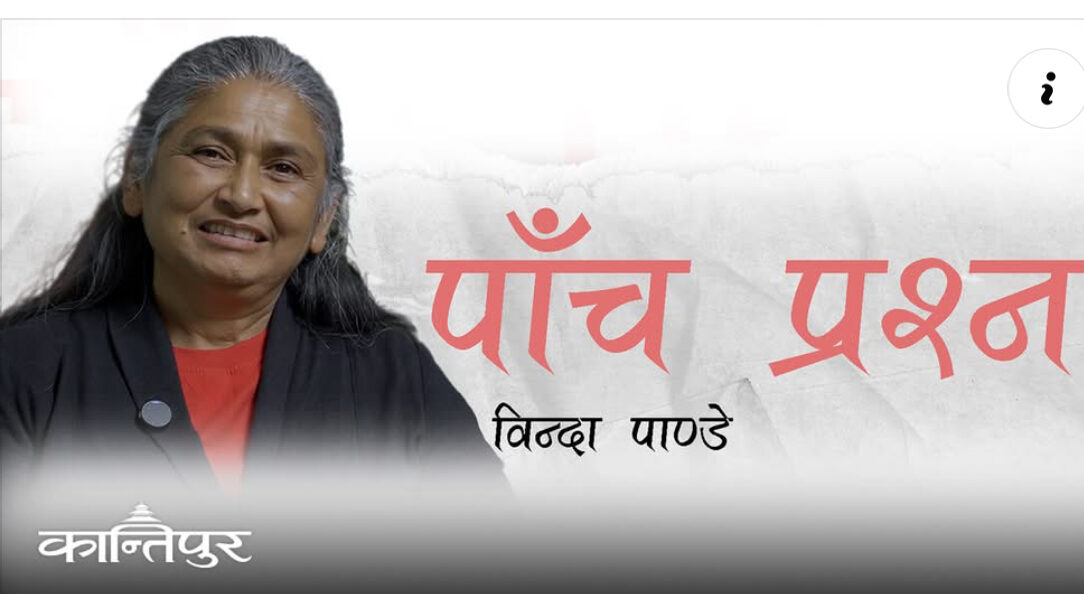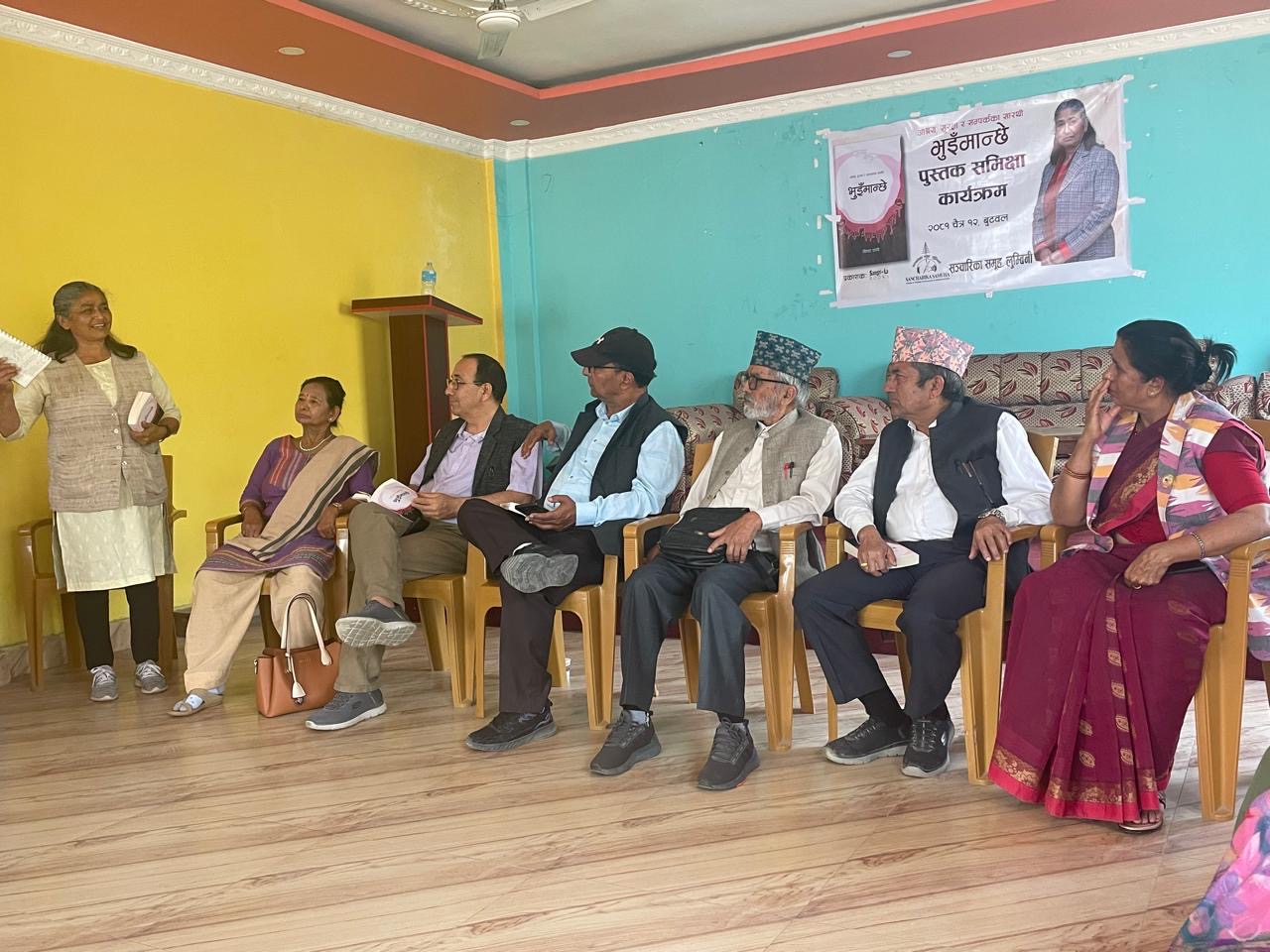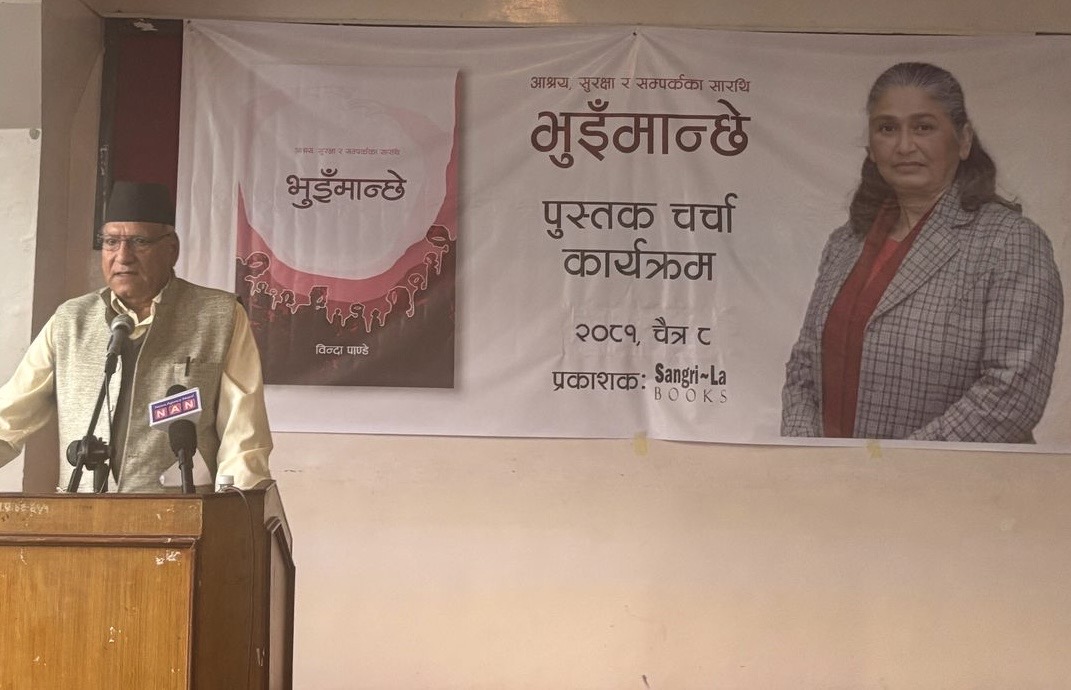International Conference on “Changing Contours of Women’s Paid and Unpaid Work” was conducted on 12-13 July, 2018 in Mumbai, which was jointly organized by School of Management and Labor Studies & School of Development Studies of Tata Institute of social science. Professor Vibhuti Pater and Dr. Nadita Mondal were convening the conference mobilizing dozens of young students as volunteer.
The conference was participated by about 200 participants mostly the Indian feminist and young students to share their opinions, experiences and perspective to see work as paid and unpaid, formal and informal in the changing context. The conference was divided into 8 different plenary and 7 parallel sessions in addition of inaugural and closing session.
Mostly the panelists in the plenary were senior professional. The parallel sessions were the opportunity foe new comers and student to present their research work as part of their academic course and get feed back from seniors and colleagues. In that sense, it was nicely organized and divided the sessions to make inter generational sharing of the ideas and perspective.
Talking in the inaugural session, referring the Maria Mies, Vibhuti Patel reiterate that women are the last colony of the 21st century and we are putting all the effort to over come it.
Siba Raju added that weather it is counted with economic value or not, but all the effort of women at houses word devoted for the well being of the family.
The first panel was chaired by the Uma Chakrabarty, one of the renown feminist scholar in India. Talking about the microeconomic perspectives of paid and unpaid work, Ritu Dewan mentioned that we need to have 4R perspective as Recognizing, Reduction, Redistribution and Redefining the unpaid work to value it equally as paid work, which is not only the care work in the changing context. Because today’s paid work cannot survive unless is it accompanied and supported by unpaid care work. Women are the one providing unpaid care work mostly and being part of so-called productive work at the same time, using their multiple talents simultaneously.
Christofer from Kassel University said, mechanizing the agriculture does not make much change in women workload, since most of the machine facilitating the male’s work. Indira Hirway highlighted that 80 percent of unpaid work done by women globally, which is not counted as gross domestic product, is violation of human rights. To make correction on this policy such as employment, social security, care and migration need to be reviewed, which is closely linked with economic policy. The policy and alternative methodology and system is needed to value unpaid work in monetary term. In that case the GDP will be gone up.
Second panel was chaired by Laxmi Lingam. In this panel, Dr. Pravin Sinha highlighted that only 27 percent of the population are in labor force and 24 percent willing to join. But 44 percent populations do not have even will to join. Even by gender women participation in the labor force in India is lowest, though it is largest democracy in the world. Nepal is far ahead in terms of women participation in labor force. It reflects low participation of women in politics as well.
Skylke form Kassel University presented that women’s participation in higher education is going down now. Another thing, only the formal education cannot narrow down the gender gap. Social perspective and eagerness to act in all around the sectors equally need to be established.
Third session was chaired by Meena Gopal. One of the presenter mentioned that men die quicker and women get seeker for social security globally. It might be linked with the nature of their involvement in paid and unpaid care work.
There was an interesting question by the participants is that what does make women possible to join labor force in Nepal? It might be the one of the question to collect proper information in the day to come.
Second day of the conference first plenary was devoted to share the experiences of women in work as equal world equal spaces. Women from different sectors of the work and related issues were discussed. Christine Nathan as one of the panelist had share the world trend of growing information economy and challenges facing by women worker. Amita Sahaya, Niki Kaur and Sunita Kaistha were sharing issues based experiences focusing on helath.
Next panel was sharing of the women in collective struggle, which was chaired by Damyaanty Sridharan. I as first speaker of the panel shared the experiences of the century long Nepali women’s struggle and achievement, which could be the lesson learn for not only South Asia, but also for whole world (presentation is attached herewith). Ceena Paul explained about the trade union movement in India and problems they tackled. Indira Gartenberg and Ruby Ojha share their experiences to make grassroots democracy and gender inclusion in information technology industries.
Next session wan on women in corporate world. the panelist presented in the session based on individualist philosophy and saying that women should accept any challenge ignoring gender role, which was even worse view than liberal feminist. They were presenting standing on patriarchal mind set and taking male behavior as measuring gauze of the quality and competency. After hearing them, chair of the session Prof. Sasmita Palo said that to reach close to the ceiling, you should to think to bring up the floor. Ignoring the floor, you will never sustain on the ceiling. That is why, you need to put part of your skill, knowledge and resources to uplift the grassroots people/women for the cause of empowering women in all around the sectors of the human society.
In conclusion, the conference was knowledge enriching and motivating to work much to mainstream women through empowering them.
Presentation: Mumbai-women movement.ppt

